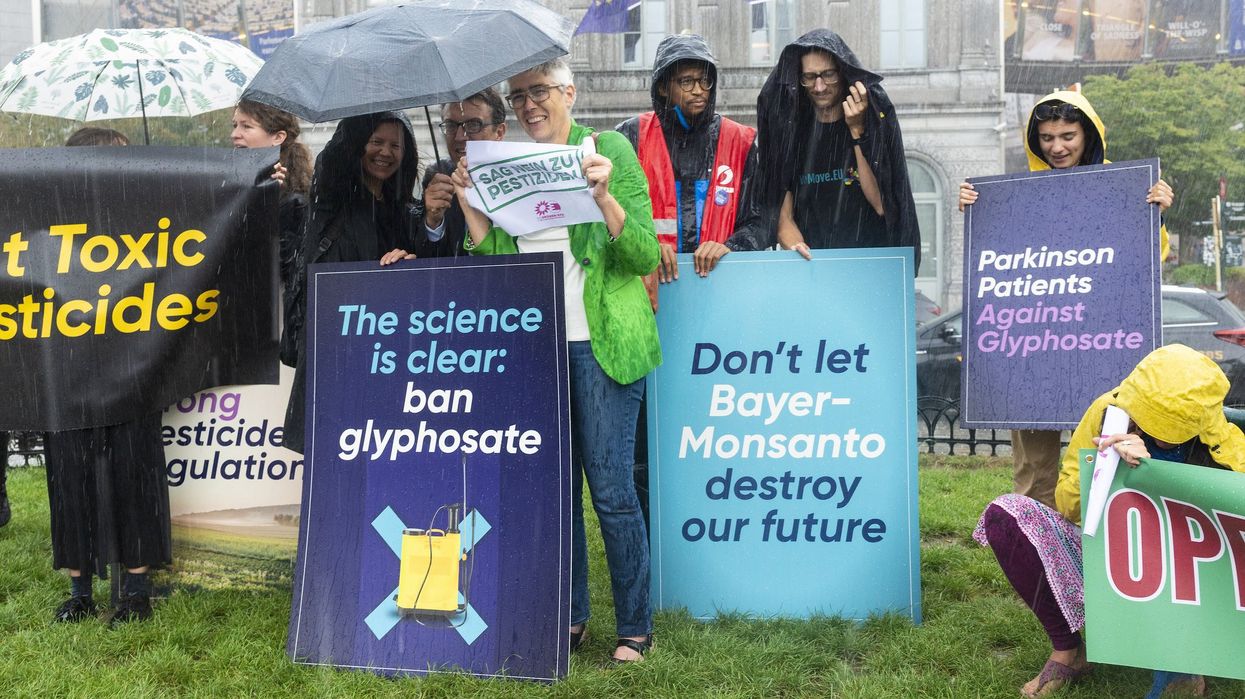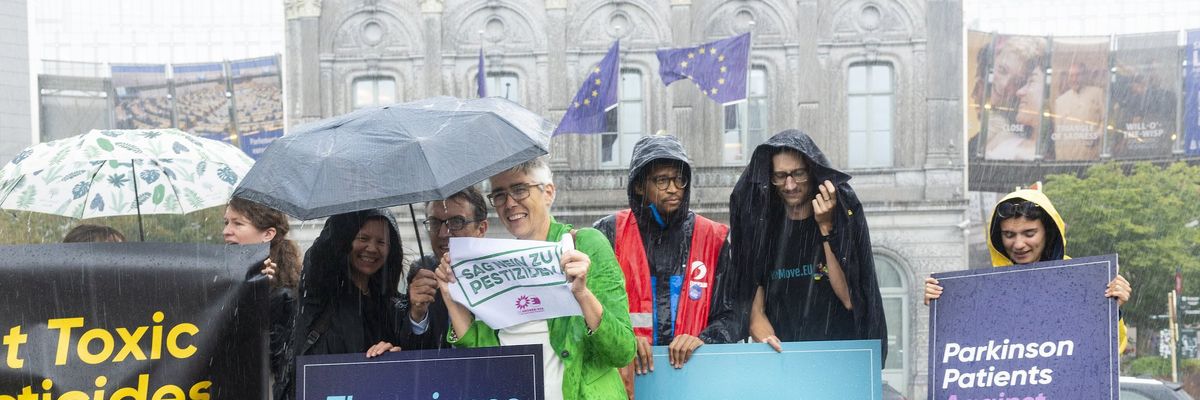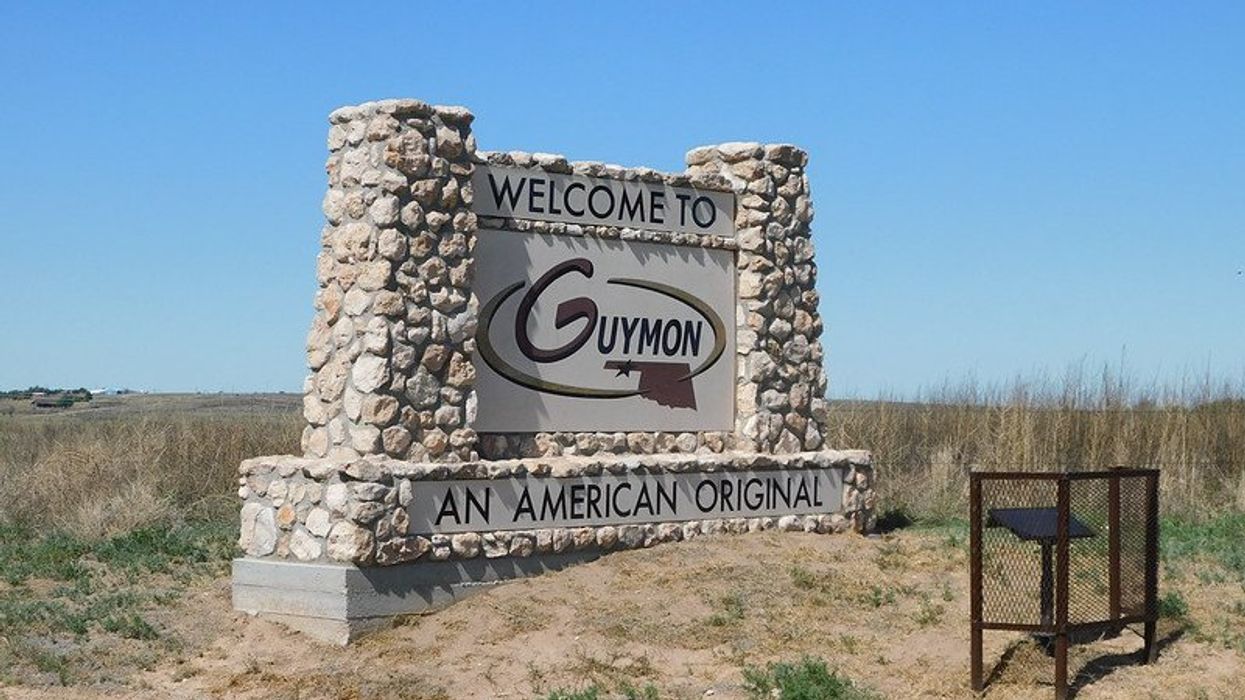Lee Johnson’s lymphoma lesions made even wearing a cotton shirt painful as he sat in the front of the courtroom on August 7, 2018, for the closing arguments in his lawsuit against the chemical company Bayer for links between his cancer and the company’s most widely sold herbicide, Roundup.
After three days of jury deliberations, Bayer was found guilty of hiding the truth about its products’ health risks to farmers and groundskeepers like Johnson. It was ordered to pay $289 million in damages.
In the wake of that trial and the first wave of additional ones, thousands of pages of internal corporate documents became publicly available, most of them from Monsanto, the original manufacturer of Roundup that Bayer acquired in 2018. The documents clearly show the company had evidence linking Roundup’s key ingredient, glyphosate, to cancer as far back as 1983. The documents also reveal a multi-million dollar PR effort over years to shape the story of glyphosate and thwart regulation. The use of this cancer-linked chemical has increased in the U.S. more than 10-fold since.
Now, facing billions of dollars in payouts from settlements and trials by farmers and homeowners suffering from non-Hodgkin's lymphoma, and with the scientific case mounting on Roundup’s risks — including ties to leukemia, kidney and liver disease, preterm birth and neurodevelopmental problems — Bayer has launched a new PR blitz to promote its beleaguered herbicide. A full-page ad in the Washington Post promotes the “safety and benefits” of Roundup. And a recently launched website called Modern Agriculture Alliance calls on communities to “Stand with farmers, not trial lawyers.”
But let’s be clear who is standing with farmers and others impacted by glyphosate exposure: those trial lawyers are litigating on behalf of more than 100,000 people, including farmers and their families, who have suffered devastating health consequences – including death – allegedly linked to the herbicide. And they’re doing so up against a company with PR moves pulled from the pages of the tobacco industry playbook. Bayer’s latest campaign, as Civil Eats has reported, involves a state-by-state strategy to pass legislation to take away the rights of farmers and others to sue the company if they get sick with cancer —legislation that Bayer itself has helped to write.
Let’s be clear who is standing with farmers and others impacted by glyphosate exposure: those trial lawyers are litigating on behalf of more than 100,000 people, including farmers and their families, who have suffered devastating health consequences
We’ve seen these PR tactics before. As we document in our report, Merchants of Poison, Bayer (and before it Monsanto) has spent millions on strategies to spread disinformation, including paying front groups to attack journalists and scientists who raised concerns about glyphosate’s safety. Internal documents also show how they paid PR firms to organize efforts like “Freedom to Farm,” which presented itself in the EU as a farmer advocacy organization fighting against regulations but was actually funded and launched by the company.
The documents also reveal how Monsanto, before its purchase by Bayer, worked to shape the scientific record on glyphosate, even ghostwriting studies in peer-reviewed journals. And they show how the company kicked into gear when the world’s most trusted institution for cancer research, the International Agency for Research on Cancer (IARC), concluded that glyphosate is a probable human carcinogen. The company’s detailed plan to spin the narrative of the response to IARC are in these documents, from working with third-parties to attack IARC scientists to funding groups promoting the claim that IARC’s findings weren’t valid.
The records also show how the U.S. Environmental Protection Agency (EPA) has failed to tightly regulate glyphosate for decades in large part because regulators have willingly based decisions primarily on subpar industry data. A recent independent analysis reveals that most of the glyphosate studies submitted to regulators by industry did not comply with modern standards for scientific rigor — most never even addressed cancer risk.
Bayer’s latest campaign seeks to align the company with farmers and the public interest — another time-tested pesticide industry play. Yet, alongside the clear evidence on health harms, Roundup poses another serious threat to farmers: superweeds. The pesticide’s ubiquitous use across the corn and soy belt, thanks to Roundup Ready crops genetically engineered to withstand the herbicide, has spawned glyphosate-resistant weeds that may cost farmers more than $10 billion annually, estimates show.
Bayer puts its glyphosate defense plainly: “Stand with farmers, not trial lawyers.” We see it differently. To stand with farmers, pesticide applicators like Lee Johnson, and the countless home gardeners and other users of glyphosate who have lost their health, some even their lives, due to exposure to Roundup, is to expose Bayer’s PR spin and call on the EPA to follow the science and not only warn customers of its risk, but take this toxic product off the market.
The authors are collaborators on the report "Merchants of Poison: How Monsanto Sold the World on a Toxic Pesticide."




















